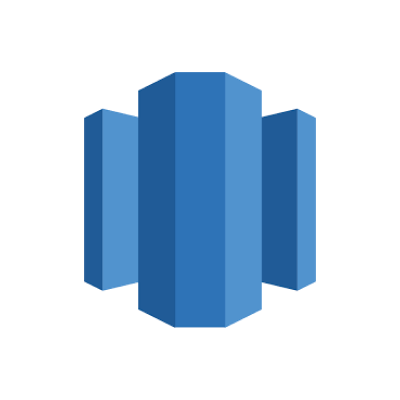Compare - Databricks VS 5X
Here’s the difference between Databricks and 5X. The comparison is based on pricing, deployment, business model, and other important factors.
About Databricks
Databricks provides a data lakehouse that unifies your data warehousing and AI use cases on a single platform. With Databricks, you can implement a common approach to data governance across all data types and assets, and execute all of your workloads across data engineering, data warehousing, data streaming, data science, and machine learning on a single copy of the data. Built on open source and open standards, with hundreds of active partnerships, Databricks easily integrates with your modern data stack. Additionally, Databricks uses an open standards approach to data sharing to eliminate ecosystem restrictions. Finally, Databricks provides a consistent data platform across clouds to reduce the friction of multicloud environments. Today, Databricks has over 7000 customers, including Amgen, Walmart, Disney, HSBC, Shell, Grab, and Instacart.
About 5X
5X is an end to end data platform built on top of the best in class vendors of the modern data stack. 5x lets you work with the best vendors of the modern data stack without worrying about signing different enterprise contracts or stitching them together. Companies using 5x are able to deploy end to end data platforms in minutes not months.
Comparison Table
| Overview | ||
|---|---|---|
| Categories | Data Warehouses, Data Lakes | Managed Data Stack |
| Stage | Late Stage | Early Stage |
| Target Segment | Enterprise, Mid size | Mid Size, Enterprise |
| Deployment | SaaS | SaaS |
| Business Model | Commercial | Commercial |
| Pricing | Freemium, Contact Sales | Contact Sales |
| Location | San Francisco, US | Singapore |
| Companies using it | ||
| Contact info |
Add to compare
